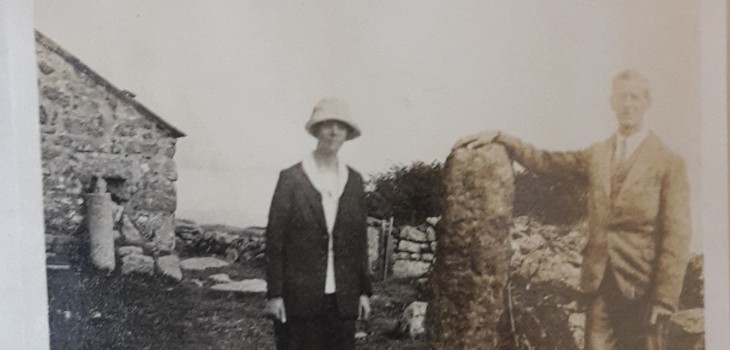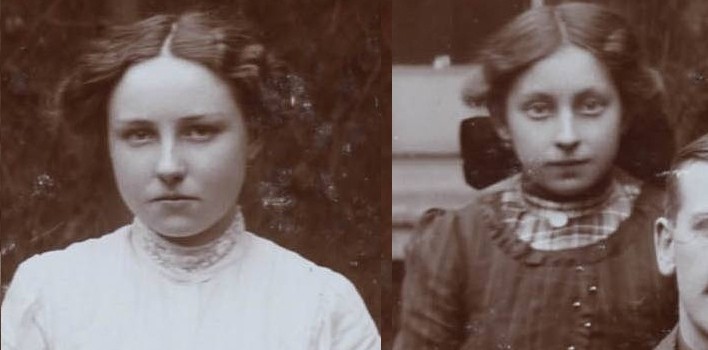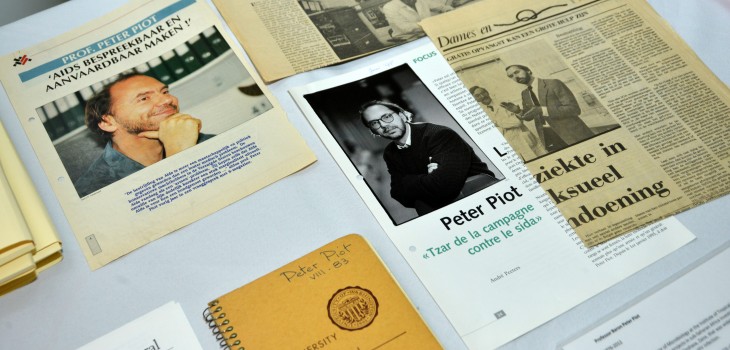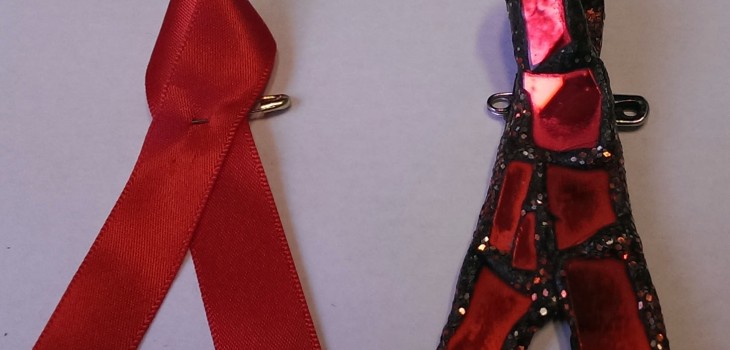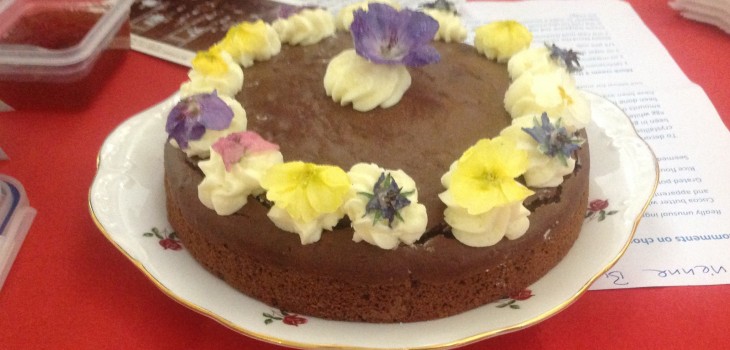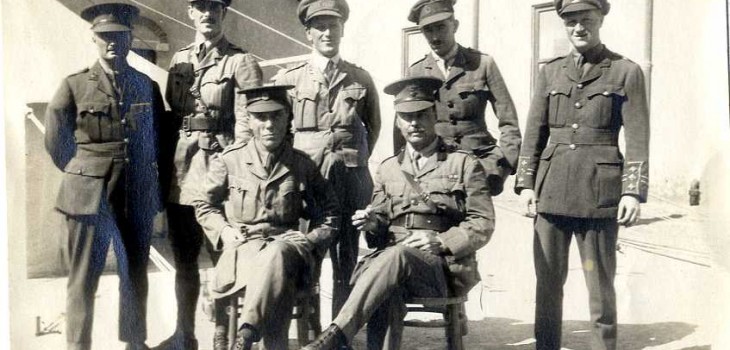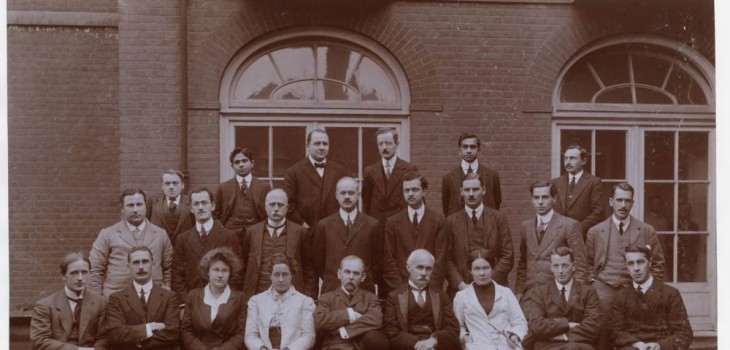The Archives team is looking forward to Christmas and what better way to celebrate than to look at a few of our festive collections. Below are four extracts from the Carpenter travel diary, documenting Geoffrey and Amy Carpenter’s Christmas spent in Uganda in 1922.
But first who were the…






